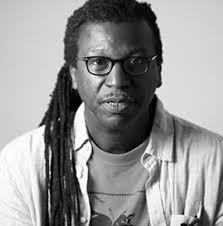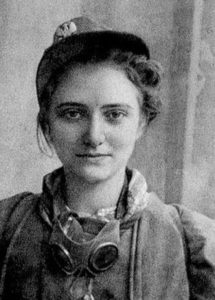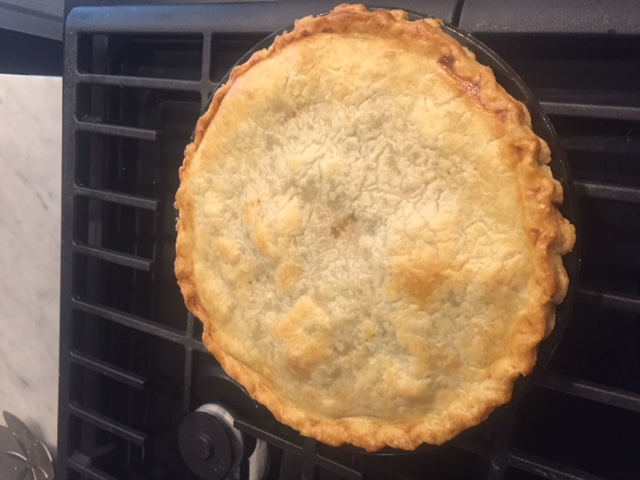
I had a memorable workshop with Cornelis Eady at Squaw Valley one summer, and thought I’d share one of his poems this morning.
I’m a Fool to Love You
Some folks will tell you the blues is a woman,
Some type of supernatural creature.
My mother would tell you, if she could,
About her life with my father,
A strange and sometimes cruel gentleman.
She would tell you about the choices
A young black woman faces.
Is falling in love with some man
A deal with the devil
In blue terms, the tongue we use
When we don’t want nuance
To get in the way,
When we need to talk straight.
My mother chooses my father
After choosing a man
Who was, as we sing it,
Of no account.
This man made my father look good,
That’s how bad it was.
He made my father seem like an island
In the middle of a stormy sea,
He made my father look like a rock.
And is the blues the moment you realize
You exist in a stacked deck,
You look in a mirror at your young face,
The face my sister carries,
And you know it’s the only leverage
You’ve got.
Does this create a hurt that whispers
How you going to do?
Is the blues the moment
You shrug your shoulders
And agree, a girl without money
Is nothing, dust
To be pushed around by any old breeze.
Compared to this,
My father seems, briefly,
To be a fire escape.
This is the way the blues works
Its sorry wonders,
Makes trouble look like
A feather bed,
Makes the wrong man’s kisses
A healing.
Cornelius Eady

 Some of the most moving poetry seemed to come out of Poland after World War II. Polish history reads like a particularly bloody video game of conquest and reconquest of those fertile fields smack in the center of Europe. Everybody wanted them. But the Holocaust and the Nazi/Russian battles seemed to sear something in the Polish soul. Miłoz’ anthology, Postwar Polish Poetry contains a treasury of poems. Many of these writers have appeared here over the years, but Anna Swir is new to me. Her full name is Anna Świrszczyńskaya, and she was a nurse during the Warsaw Uprising.
Some of the most moving poetry seemed to come out of Poland after World War II. Polish history reads like a particularly bloody video game of conquest and reconquest of those fertile fields smack in the center of Europe. Everybody wanted them. But the Holocaust and the Nazi/Russian battles seemed to sear something in the Polish soul. Miłoz’ anthology, Postwar Polish Poetry contains a treasury of poems. Many of these writers have appeared here over the years, but Anna Swir is new to me. Her full name is Anna Świrszczyńskaya, and she was a nurse during the Warsaw Uprising. Man in the High Castle, are classics, as is this quote that Larry gave me yesterday:
Man in the High Castle, are classics, as is this quote that Larry gave me yesterday: The Broken Leg
The Broken Leg
 Yesterday’s event at Britt Marie’s was just what a poetry event should be, short, varied, lively, moving and fun. The small wine bar was full to overflowing and the audience seemed to enjoy the poems. I know I enjoyed the other two poets’ work (Amanda Moore and Barbara Reynolds). I hope to post a sample next week. But for now, here is the other poem that was considered not appropriate for a restaurant (because of the rape and pillage):
Yesterday’s event at Britt Marie’s was just what a poetry event should be, short, varied, lively, moving and fun. The small wine bar was full to overflowing and the audience seemed to enjoy the poems. I know I enjoyed the other two poets’ work (Amanda Moore and Barbara Reynolds). I hope to post a sample next week. But for now, here is the other poem that was considered not appropriate for a restaurant (because of the rape and pillage): I had a memorable workshop with Cornelis Eady at Squaw Valley one summer, and thought I’d share one of his poems this morning.
I had a memorable workshop with Cornelis Eady at Squaw Valley one summer, and thought I’d share one of his poems this morning.